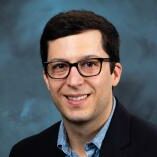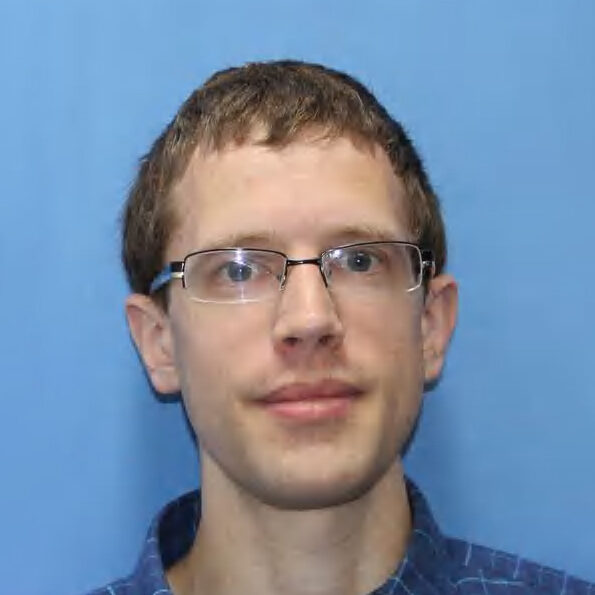Postdocs

Jason Nattress
MTV Fellow at University of Michigan – Ann Arbor (PhD in Physics; Post-Doc and Weinberg Fellow) Article on Jason Nattress (Post-Doc – Weinberg Fellow).
Jason Nattress: Weinberg Fellow discovered nuclear engineering in the U.S. Navy | ORNL

Matthew Krupcale
Former Consortium Fellow at University of Michigan – Ann Arbor (PhD in Nuclear Engineering and Radiological Sciences and Scientific Computing; ORNL Post-Doc).
I entered the world of nuclear engineering and nuclear nonproliferation as a Consortium for Verification Technology (CVT) graduate student fellow at the University of Michigan. During my time there, I was studying the atmospheric transport modeling (ATM) of radionuclides for treaty verification purposes, primarily focused on radioxenon emissions from weapons tests. My participation as a fellow provided the funding for my graduate research, allowing me to participate in summer internships at PNNL and LLNL as well as make presentations or posters at the CVT Workshops and at the DNN sponsored University and Industry Technical Interchange (UITI)/University Progress Review (UPR) meetings. This led to ORNL expressing interest in my work, which ultimately resulted in my postdoctoral research position in the Detonation Forensics and Response (DFR) group. Under this postdoctoral position, I became very familiar with the ATM implemented in the operational nuclear fallout modeling code DELFIC and wrote a detailed report on its Diffusive Transport Module (DTM) component. Furthermore, I reimplemented precipitation scavenging into the modern version of DELFIC based on the original Precipitation Scavenging Module (PSM) and wrote a report on this effort.
Aside from these primary efforts funded by my postdoctoral position, I had the opportunity to contribute to projects targeted towards improving nuclear forensics modeling fidelity and timeliness. Over the course of my postdoctoral position, I was able to present on these various projects at different venues from public conferences such as the George Mason University (GMU) Conference on Atmospheric Dispersion Transport Modeling to review meetings such as Nuclear Explosions Monitoring and the Post Detonation Rapid Response Venture Meeting as well as training courses at the Air Force Institute of Technology. Finally, I had the chance to take some professional development courses including the SCALE/TRITON and SCALE/ORIGEN as well as HYSPLIT code training courses. Altogether, this postdoctoral work has greatly improved my knowledge and experience in the field of nuclear nonproliferation and nuclear forensics in particular. I have now received and accepted an offer for a staff position within the DFR group, where I will continue the great work we are doing here at ORNL in support of the Department of Energy mission.